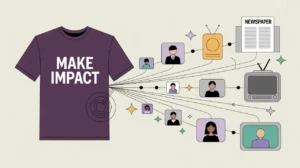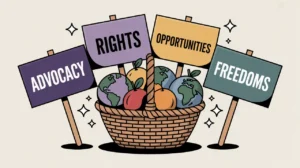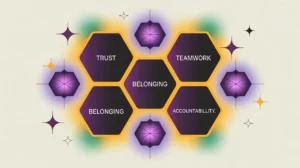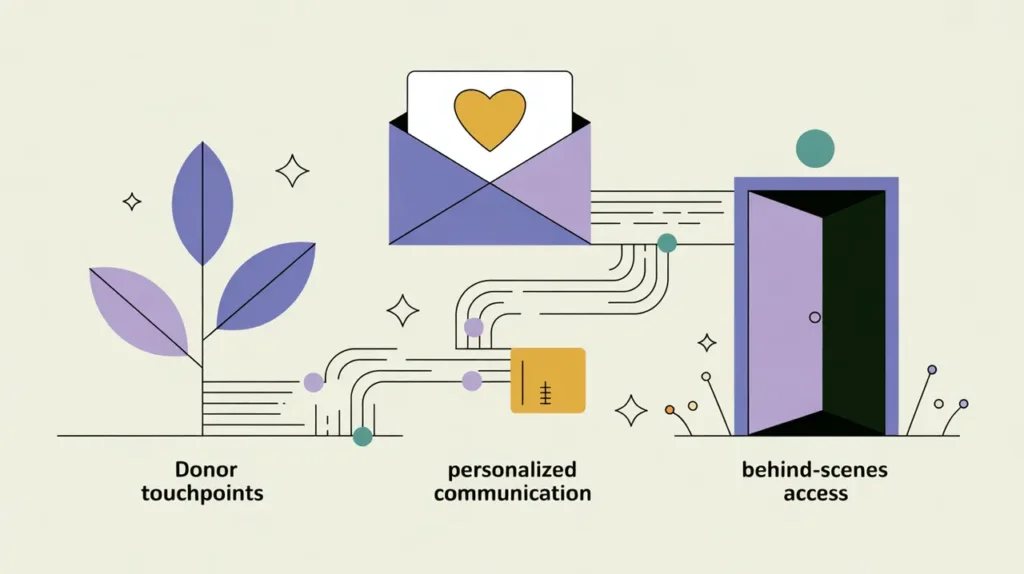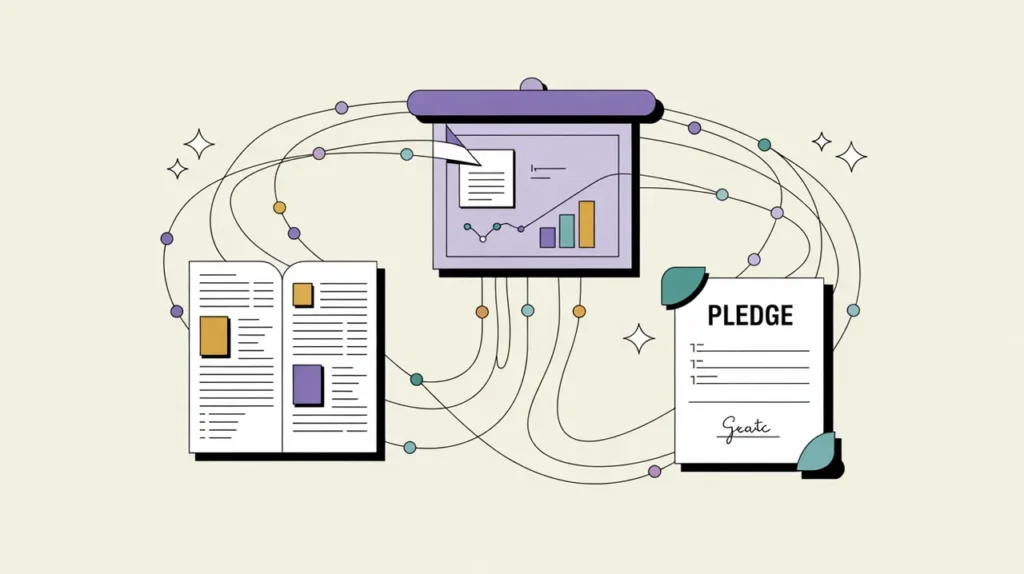What Does Fundraising Prospecting Involve?
Fundraising prospecting is the starting point of the fundraising life-cycle. It involves systematically identifying individuals, corporations, foundations, and institutions with the interest and capacity to support a nonprofit’s mission. Prospecting is about asking: Who might support this work, why would they do so, and at what scale? It requires balance between ambition and focus. The search needs to be wide, but qualifying prospects should be a careful process to avoid wasted time and energy.
In practice, prospecting combines research, analysis, and intuition. It draws on wealth screening tools, philanthropic databases, annual reports, and news sources to map out potential donors. It also requires active listening within networks, events, and communities to identify emerging prospects. A strong prospecting process prioritizes alignment between donor interests and organizational needs rather than chasing every possible lead.
When nonprofits neglect prospecting, fundraising pipelines dry up, leading to overreliance on existing donors. By contrast, disciplined prospecting builds resilience and diversity in revenue. It ensures that fundraisers are continually refreshing their pipelines with donors whose values and priorities match the organization’s mission, laying the groundwork for sustainable growth.
What Competencies are Associated with this Role?
Fundraising prospecting requires analytical rigor and relational awareness. Key competencies include:
- Conduct donor research using databases, reports, and news sources
- Map philanthropic trends and sector funding patterns
- Qualify prospects based on interest, capacity, and readiness
- Segment prospects into categories (individual, corporate, foundation, institutional)
- Apply ethical fundraising standards in prospect research
- Track and update donor information in CRM systems
- Use network analysis to identify connections and warm introductions
- Prepare prospect profiles and briefing notes for leadership
- Monitor competitors’ donor relationships and campaigns
- Translate research findings into actionable prospect lists
How Might AI and Automation Help this Role?
AI and automation can expand reach and efficiency in prospecting. Applications include:
- Automated donor list generation from open data and wealth screening tools
- AI-driven analysis of philanthropic trends and giving behaviors
- Natural language processing to extract funding priorities from reports or websites
- Predictive modeling to score donor likelihood and capacity
- Automated alerts for donor news, leadership changes, or major gifts made elsewhere
- CRM integration with AI to suggest next best prospects
- Generative AI for drafting donor profiles and briefing notes
- AI-supported network mapping to reveal hidden connections
What are the Roles by Experience Level?
Prospecting responsibilities vary across levels:
- Entry: Development Assistant, Prospect Research Associate – gather data, prepare lists, maintain databases
- Mid: Prospect Research Officer, Donor Analyst – conduct in-depth research, qualify leads, prepare profiles for fundraisers
- Senior: Prospect Research Manager, Development Manager – oversee prospecting strategy, coordinate with fundraising teams, ensure pipeline diversity
- Executive: Director of Development, Chief Development Officer – integrate prospecting into organizational strategy, allocate resources, and engage board members in identifying leads
How Transferable are the Skills from this Role?
Prospecting skills are highly transferable within and beyond the nonprofit sector. Inside nonprofits, they support transitions into donor relations, grant writing, campaign management, and fundraising strategy. Prospecting develops data analysis, trend mapping, and stakeholder identification skills that are equally valuable in sales, business development, market research, and consulting. The ability to synthesize information, assess opportunities, and prioritize effectively is prized in corporate environments where pipeline management drives growth. Ethical research practices and CRM fluency further strengthen professional adaptability. By mastering prospecting, individuals gain a foundational fundraising skill set that opens pathways into multiple revenue-generating and strategic roles.

